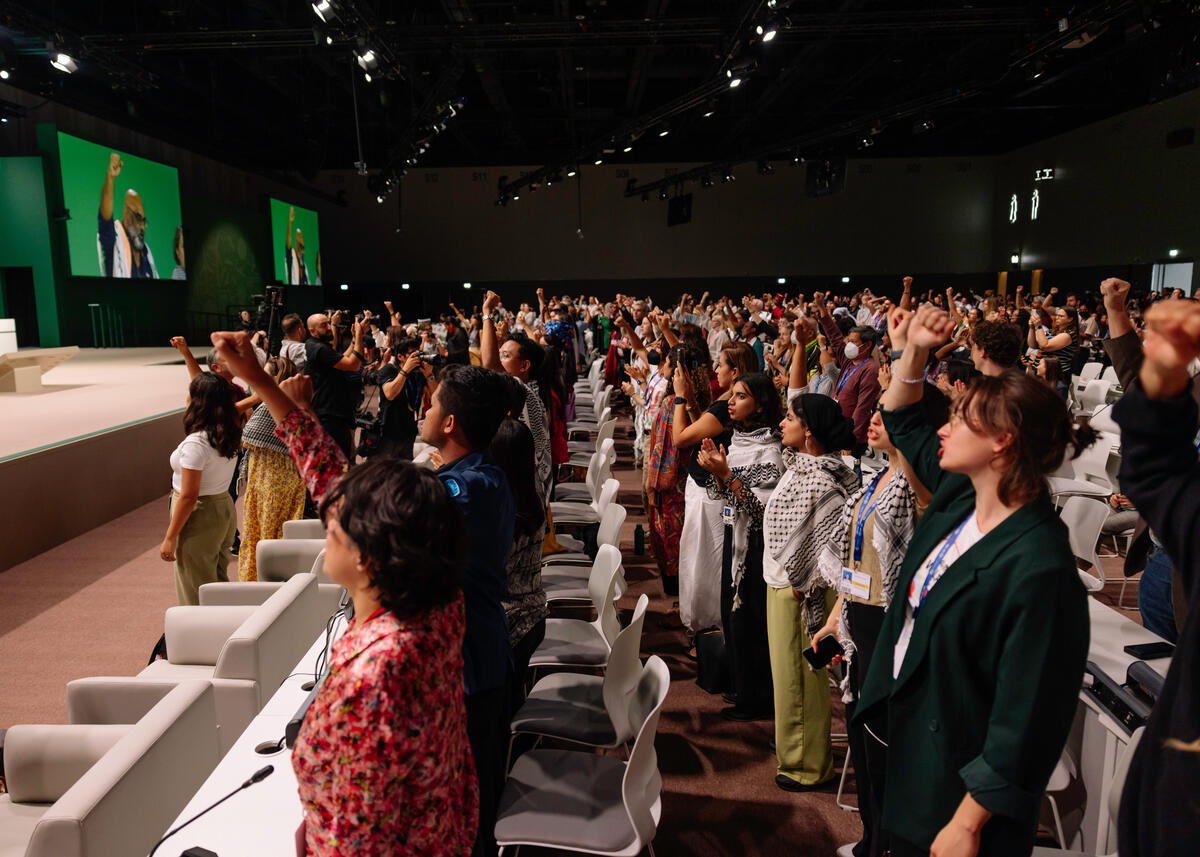With high and lows worthy of a rollercoaster, the 28th UN Conference on Climate Change has finally ended.
What was decided?
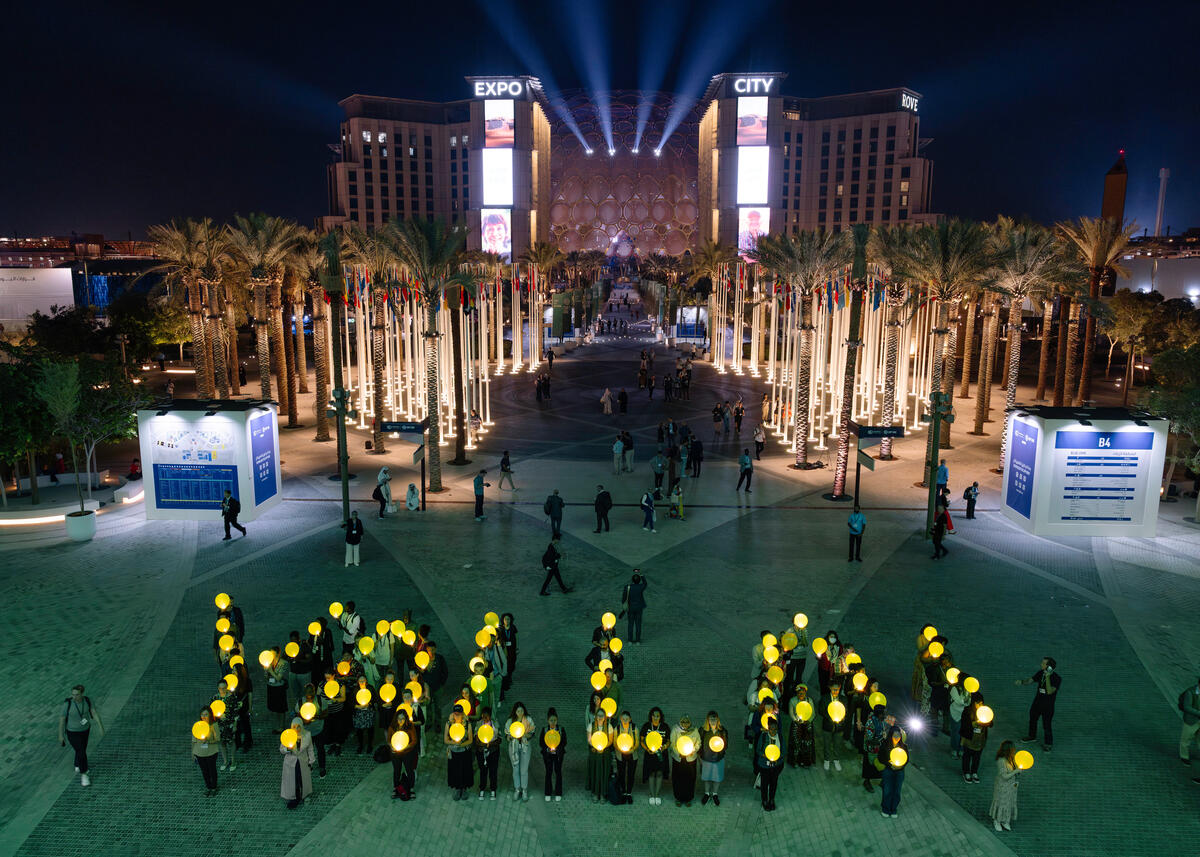
COP28 presented a real moment to end the era of fossil fuels forever. We saw a fossil fuel phaseout appearing in the earlier draft text, responding to the ever growing demands for an end to oil, coal and gas as solar and wind are ready to take us to a fair and just reality. Although the final text made a call for a transition away from fossil fuels, the outcome of the climate talks failed to produce the words 'fossil fuel phase out', resulting in yet another year of lack of accountability for polluters, as the planet moves closer and closer to warming limits.
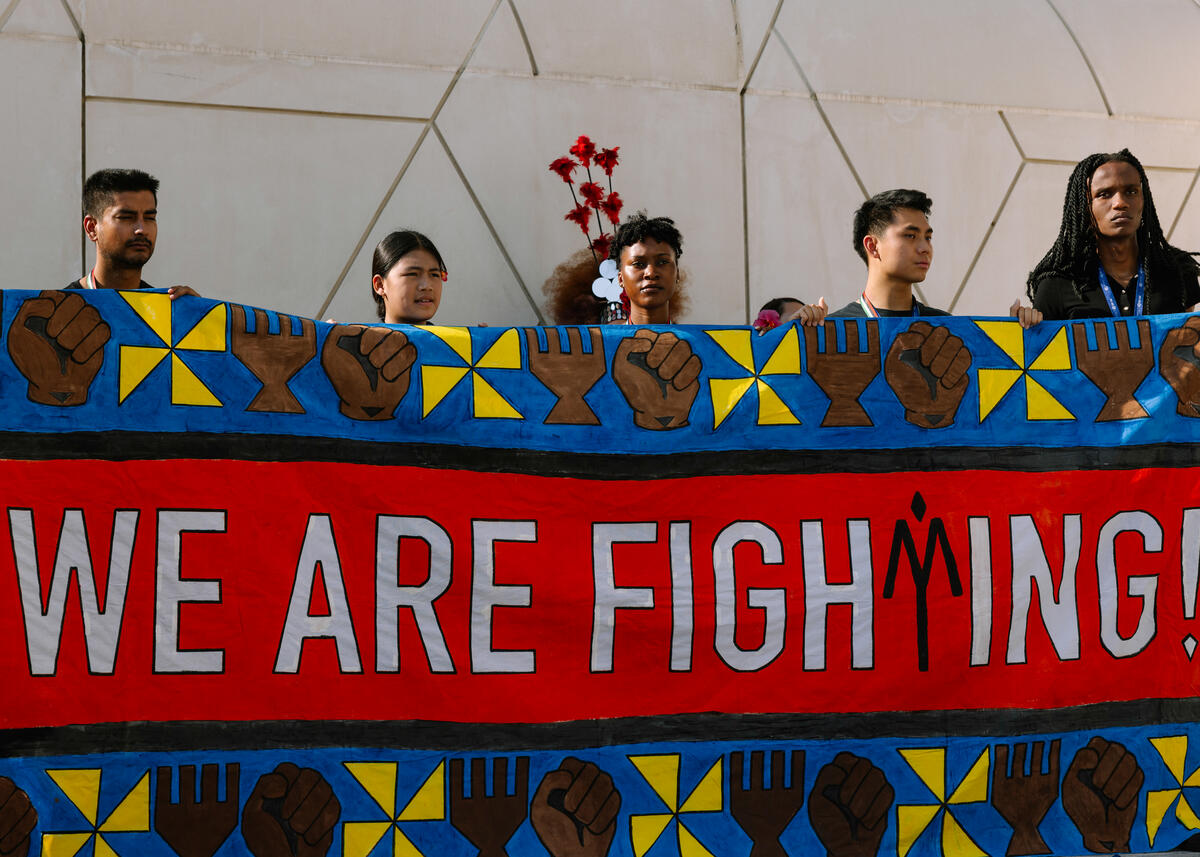
Despite what did and did not end up in the final agreement at COP28 in Dubai, meaningful climate action will only continue to become more urgent than ever.
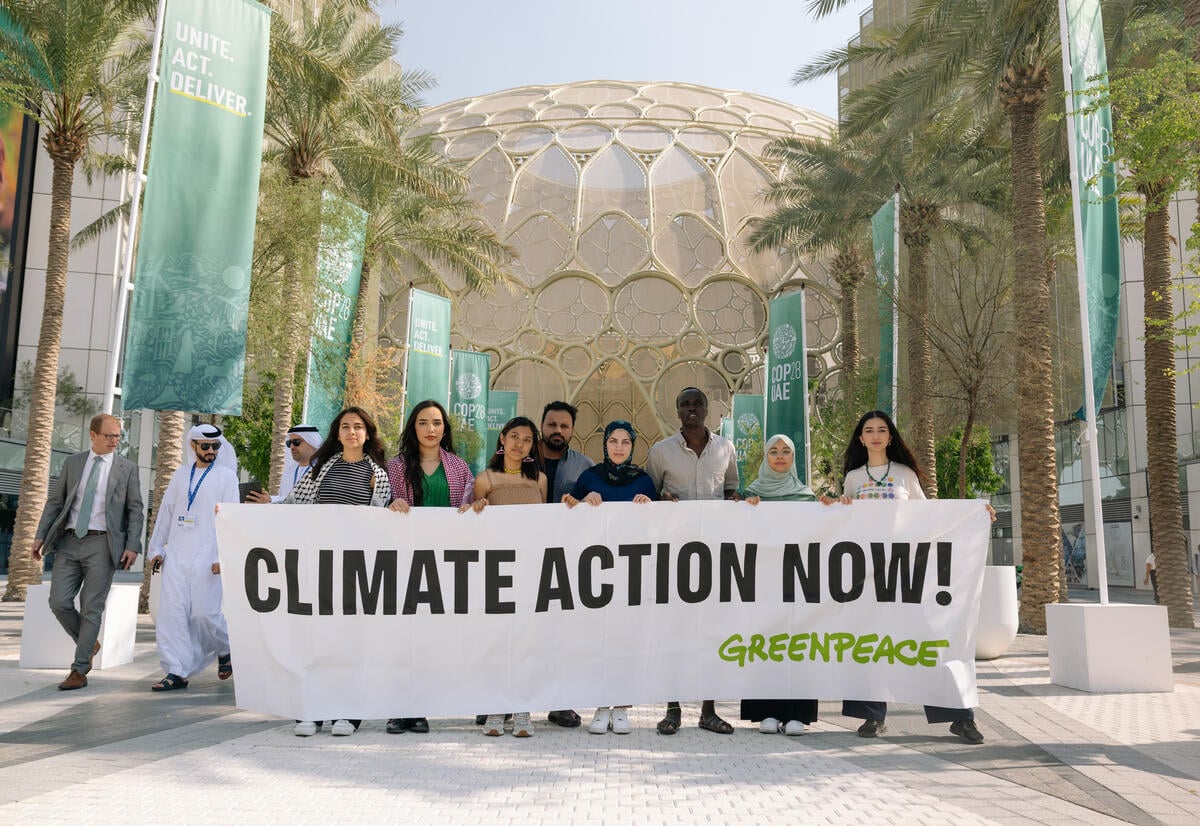
Dishonorable Mentions:
The annual climate negotiations were determined to make history from day one with the operationalisation of the Loss and Damage Fund. Financially translated, that means countries pledged nearly US$300 million. The historic consensus will be a lifeline for communities already impacted by the climate crisis. But this can only happen once the richest countries take their responsibility seriously, resource the fund and have their accountability to pay up officially recognised in the final text.
Both weeks of the climate negotiations were spent swatting away the polluting interests of the record high fossil fuel industry representatives in attendance, to the end. Despite rumors and hopes of an early or on time finish from weary summit goers, negotiations went into overtime through Tuesday night, the scheduled last day. The dash to a finish line resulted in a mostly disappointing final text, delivered early on Wednesday morning and promptly agreed upon a few hours later, officially closing this year's climate talks.
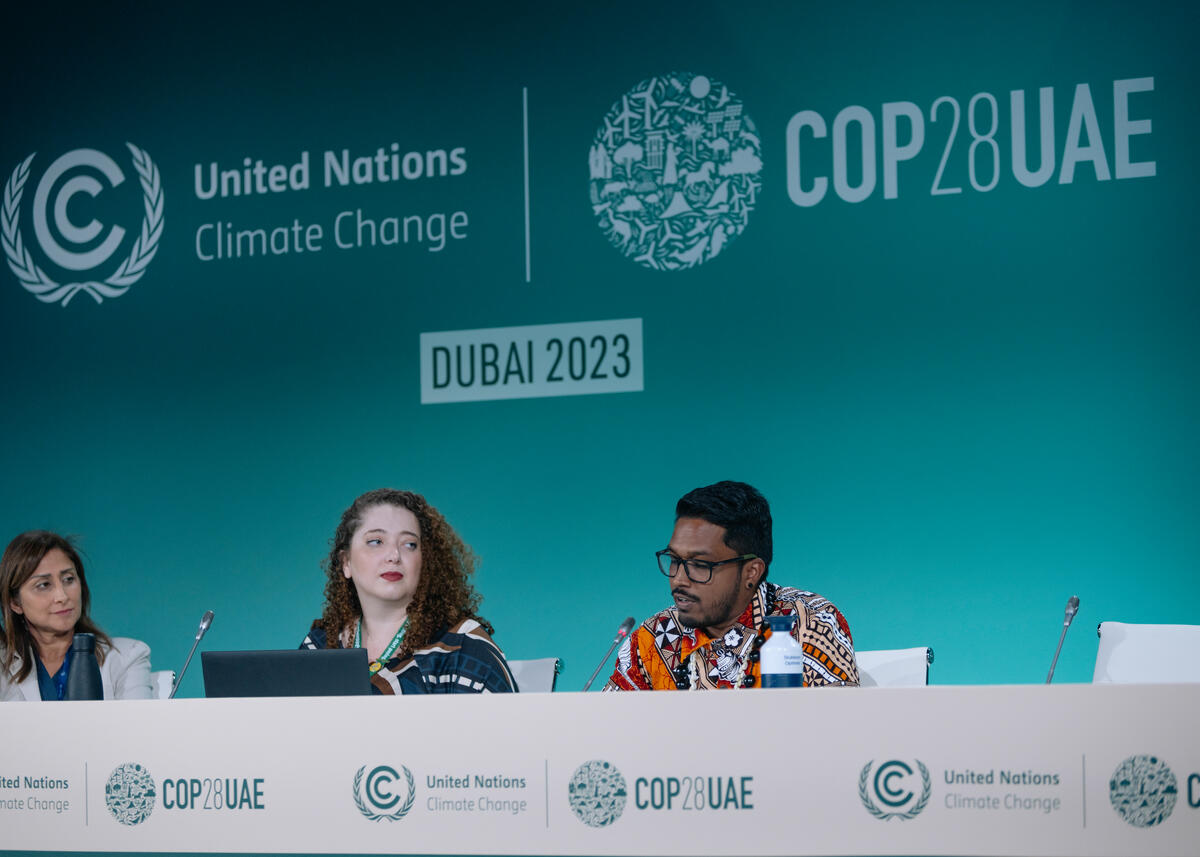
What's next for climate action?
The future remains uncertain.
Climate justice will only be served when we cut off the very source of the climate crisis that has been forced upon us. Climate justice will only be served when there is new and additional support and finance for climate vulnerable communities and not just distributed for loss and damage, but for adaptation and mitigation too.
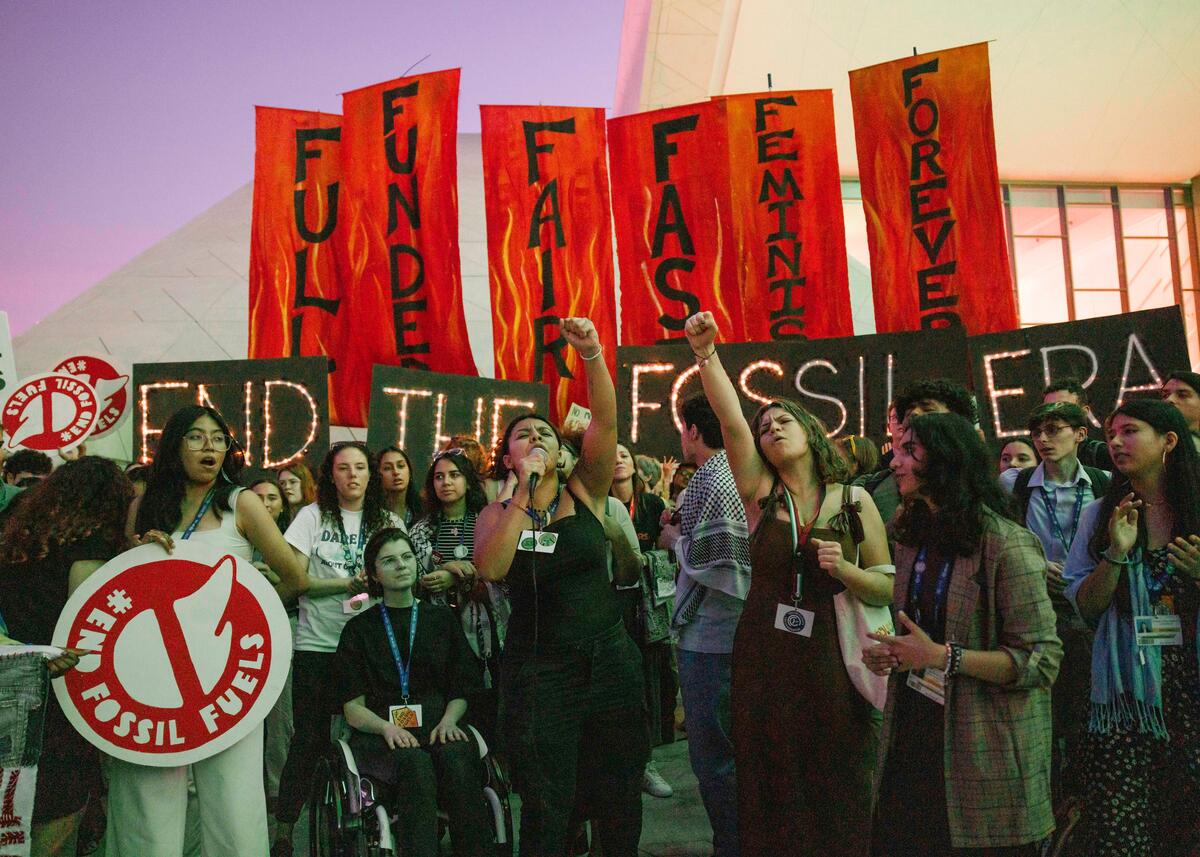
COP29 in Azerbaijan, yet another country pushing for fossil fuel exploitation, will have a lot to answer for.
But the people power in Dubai that made their presence integral and message demanding climate action unavoidable, will return even louder, stronger and more determined.
The time for rhetoric is over; tangible, decisive action is the demand of our time. Let's hope it does not come too late.
